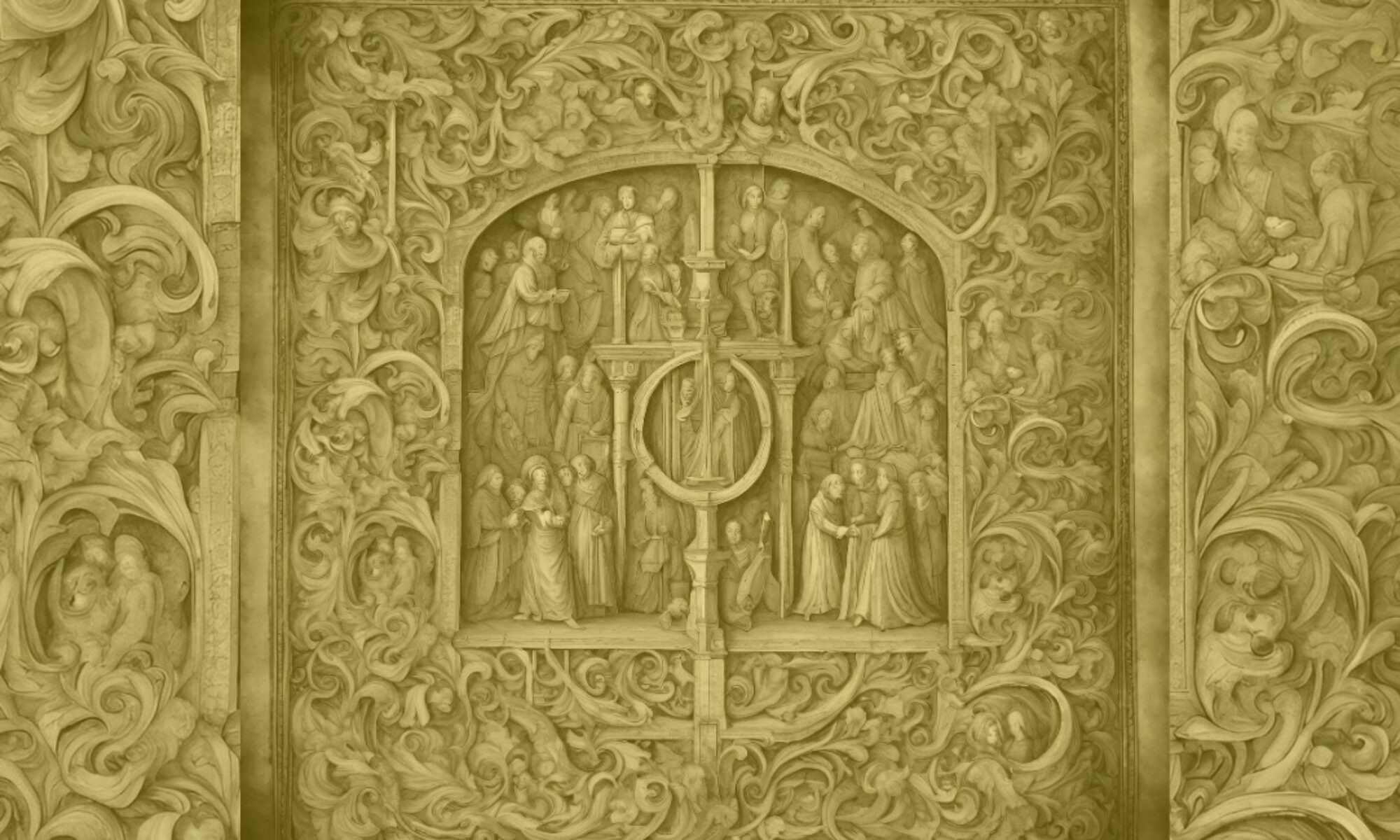Pamela’s talk is called “Mythic Mapping: A New Way to Use Myth in the Individuation Journey”

Trauma affects over 50% of the population. From sexual abuse to domestic violence, a terrifying number of people will go through some sort of turning point that changes their lives forever. Being a rape survivor and having suffered debilitating postpartum depression, I know this to be true. C. G. Jung himself experienced his own life-altering experience when he split from Freud; after which he went down his own unique individuation path. In my presentation I will share my research on how a traumatic turning-point can open the gateway to a conscious individuation path. My depth psychology dissertation, entitled Mythic Mapping, combines game-design, storytelling, active imagination, and dreamwork into a life-long Self-discovery adventure. Utilizing stories of eight Goddesses of the world as mythic examples of individuation after trauma, Mythic Mapping can be used by individuals who may not have access to therapy. With this revolutionary system that includes a workbook, map, spinner, dice and more, self-discovery is at one’s fingertips. My offering will share how I developed this system, by way of my own active imagination work and paying attention to the synchronicities that have deeply connected me with Myth and Self!
About Pamela
I was raised in the Southern California Mountains (the land of the Serrano People) where I currently reside with my husband and son. I am the Assistant Professor of Spiritual Practice & Care for the Soul at Starr King School for the Ministry, and the Priestess of the Sacred Outpost in Crestline, CA. As a child I found the Divine at the lake near my parents’ cabin. The big pine trees surrounding it were my sacred space—my church. It was there that I began to understand that we are all part of the Divine Web of All Creation. At the age of twelve I sought comprehension of that Web by starting my study of the World’s Religions. While obtaining my B.A. from the University of Redlands, Johnston Center, I delved into Feminist Spirituality, Hinduism, Taoism and Buddhism. I moved in and out of different spiritual practices after College, weaving together the energies of all of the Archetypal-Forces with whom I entwine. In 2011 in ritual with the group I led, I heard the call: Nourish others’ understanding of their connection to the Sacred in all things! So off I went to Starr King School for the Ministry (a Unitarian Universalist Seminary) where I received my Master of Divinity, and the Chaplaincy Institute for Ordination as an Interfaith Minister. Having battled a long-time kidney illness, I almost died of an infection after completing Seminary, but found solace in finding my true path of Alchemy and Depth Psychology during this difficult ordeal. After a full recovery I began the adventure to obtain my PhD. in Depth Psychology with a specialization in Jungian & Archetypal Studies from Pacifica Graduate Institute, where I am now dedicating my dissertation work towards designing a program for Trauma Survivors to embark on an individuation quest.











